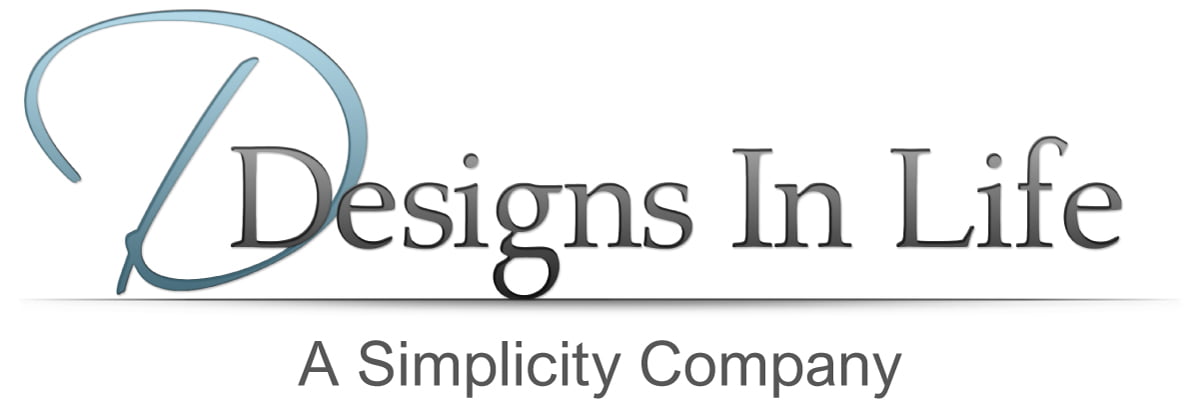Life Insurance Today – is it relavant?
Life insurance is as relevant today as it has ever been. Put simply, it pays. It is the only financial vehicle that provides an income tax free lump sum of money upon the triggering event of the contract, i. e. the death of the insured.
As soon as the legitimate death of the insured is verified, the life insurance company delivers the check. It keeps families together. It saves homes from foreclosure. It rescues businesses. It buys time. It provides higher-education funding. It supports the continuation of lifestyle.
In a larger frame of reference, it aids in stabilizing our society. Untimely death can have a devastating financial impact on the lives of survivors. The income-tax-free cash benefit allows the beneficiary or beneficiaries to continue a degree of financial independence. With adequate life insurance
- Relocating may be avoided.
- Homes, cars, and other valuables do not have to be sold.
- Special accounts for cash donations do not have to be set up to help support survivors.
- Government financial support services are not burdened.
- Daily activities can continue on a relatively normal basis.
- Debt can be paid down or eliminated.
- Families and businesses can continue to function.
- The impacted individuals can focus on the emotional and psychological healing process of unexpected loss, unencumbered by the additional worry of financial instability.
At a funeral, you will never hear anyone whispering to another that the deceased had way too much life insurance. But, be certain that the question of whether or not the survivors will be OK financially is on the mind of everyone in attendance. It’s a relief to hear someone reassure someone else at a funeral that the deceased “…had all financial affairs in order. The life insurance was up to date.”
Life insurance is the bedrock of any financial plan. In the family budget, it should be treated as a fixed expense, like the utilities, rent, mortgage payment, or car payment. The budget item “life insurance premium” constitutes just one of the several costs of living that should be considered “payable when due”. It does not belong in the category of “things that we can do without” during periods of unemployment or during attempts to fix the unwise use of credit. In fact, life insurance is even more important to have during difficult financial times.
Some might argue that life insurance is not needed if there is no one financially dependent upon them. But, all deaths involve “final expenses” and someone alive is responsible to pay for them. Final expenses can reach thousands of dollars. In addition to funeral costs, there may be debts or loans outstanding (known or unknown), certain medical expenses not covered under one’s health insurance, and a number of other specific financial obligations that might come due because of an untimely death. Responsible citizens in modern society should acknowledge their economic responsibility and prepare for such costs by having the proper amount of life insurance in force at all times.
All who medically qualify should own their own life insurance, make timely premium payments as needed, and review their coverage on a regular basis. The strategy of leveraging small dollars now (premium payments to keep coverage in force) in exchange for larger, tax-favored dollars later (the income-tax-free death benefit of the policy) is financially sound and prudent.
